The Telomere Effect
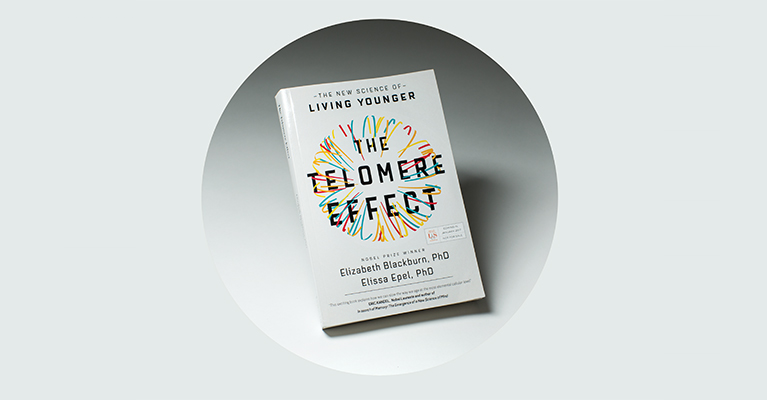

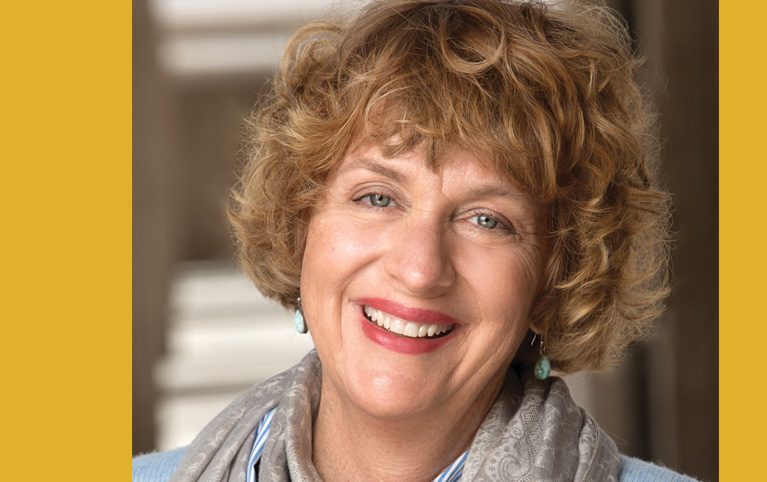
When neurobiologist Ellen Potter launched Salk’s Mobile Science Lab in 1996 in conjunction with the County Office Of Education, her mission was clear: Use state-of-the-art laboratory activities to show San Diego’s middle schoolers that science is understandable, it can be a career, and above all, it’s fun.
Potter retires this month after 38 years at the Salk Institute. She leaves a rich tradition of educating and exciting the next generation of scientists, having provided thousands of students with the knowledge and skills needed to pursue basic research, as well as unparalleled exposure to Salk’s world-class faculty.
“Ellen’s exceptional dedication to education has left its mark at Salk and in the wider community,” says Salk President Elizabeth Blackburn. “Countless students and members of the public have discovered a love and appreciation of science thanks to Ellen’s verve, infectious enthusiasm and highly effective efforts.”
Under the direction of Potter and Co-Director Dona Mapston, the Education Outreach department has grown to offer several signature programs that expose students to genetics and biotechnology, including the March of Dimes High School Science Day and the eight-week Heithoff-Brody Scholars Program for high school students every summer. Last year, Salk invited 300 girls from the San Diego Unified School District for a “Women in Biotech” presentation as part of a STEAM Leadership Series, and in 2014, Education Outreach developed SciChats—Skype tours and talks between researchers and students—as well as video curriculum for teachers. “Ellen made it possible for Salk scientists like me to learn how to share what we do with the broader world,” says Abby Buchwalter, a staff scientist in Martin Hetzer‘s lab and an Education Outreach volunteer. “I have always admired the passion that drove her to start Education Outreach. The outreach community that she built has greatly enriched my training period here—a sentiment I’m sure many other past and present Salk scientists share.”
In recognition of Potter’s efforts to enhance K-12 science education in San Diego, the inaugural “Research Connections for Teachers Symposium” held at Salk this fall was named in her honor. The symposium for middle and high school teachers featured Salk scientists describing the latest trends in biological research on topics including cancer, diabetes and epigenetics. “Bringing techniques like DNA extraction, gel labs and fruit fly phenotyping to my students through Salk’s Education Outreach program is absolutely amazing and could not be more relevant to the world we live in,” says James King, a science teacher at Monroe Clark Middle School in San Diego.
Other accolades for Potter’s work have been the 2009 Partnership Award by the San Diego Science Alliance and the San Diego Unified School District’s 20-year Partner in Education award in 2012. “Ellen has been an inspiration and driving force behind our Education Outreach program,” says Walter Eckhart, professor emeritus in Salk’s Molecular and Cell Biology Laboratory. “Her enthusiasm and dedication touched the lives of many young people.”
Her collaborative spirit extends to other institutions throughout San Diego, including UCSD’s Biobridge program, The Scripps Research Institute, Birch Aquarium and the San Diego County Office of Education. She serves on the Educational Steering Committee for BIOCOM, a life science industry association representing more than 500 members.
A native of La Cañada Flintridge, California, Potter studied biology at the University of California, San Diego before joining the Salk Institute in 1978 as a research assistant in the Regulatory Biology lab, and in 1991 received her PhD in pharmacology from UCSD under the mentorship of Wylie Vale. She is married to Salk Professor Ronald Evans of the Gene Expression Laboratory and they have a daughter, Lena.
Read More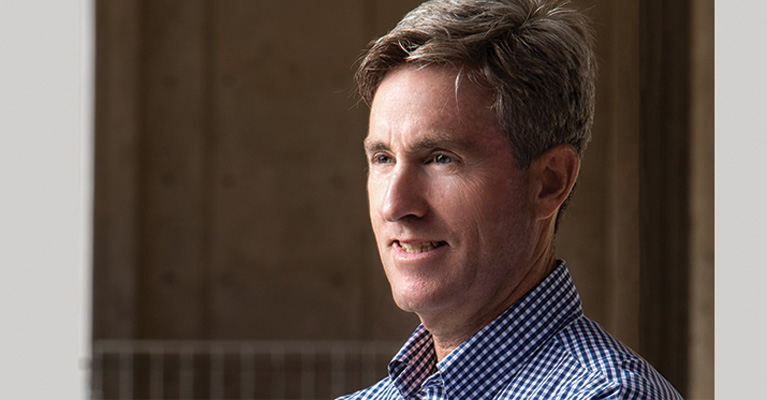
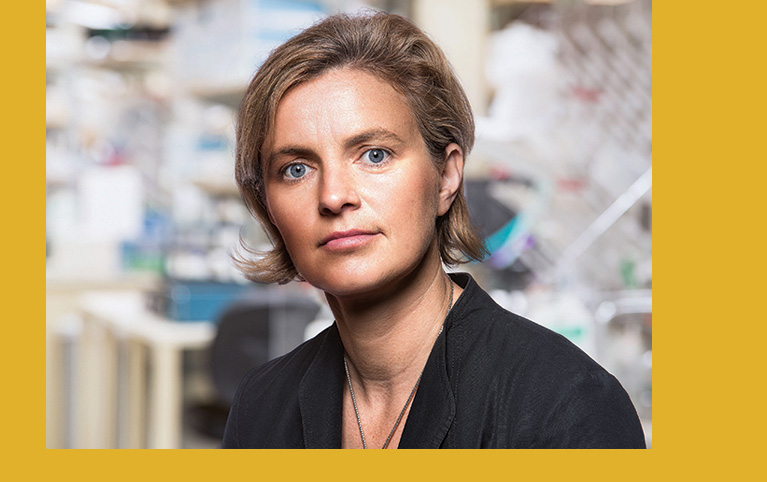
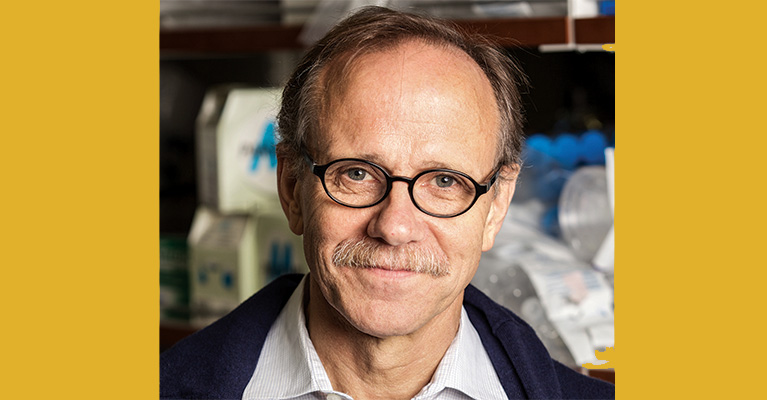
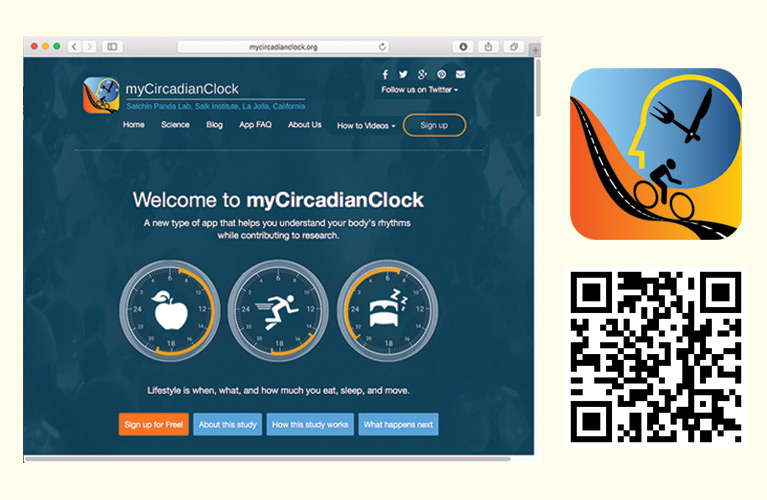

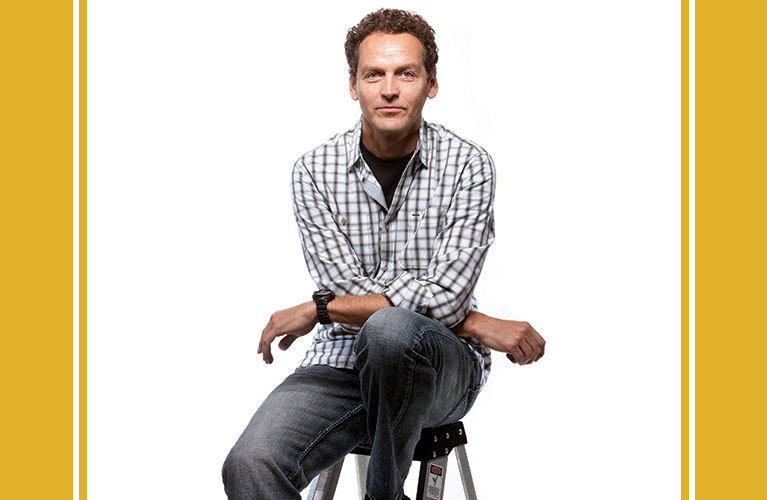
 The Jacobs EffectThe Salk Institute and those helped by the Institute’s biomedical research have been particularly fortunate that Jacobs served as chairman of Salk’s Board for 10 years and that he and his wife have supported Salk science for even longer.
The Jacobs EffectThe Salk Institute and those helped by the Institute’s biomedical research have been particularly fortunate that Jacobs served as chairman of Salk’s Board for 10 years and that he and his wife have supported Salk science for even longer. Sparks of InnovationProviding bright and original minds the opportunity to quickly pursue a new idea does frequently result in unexpected and occasionally fundamental breakthroughs, substantially supporting progress in solving our most pressing science and medical problems.
Sparks of InnovationProviding bright and original minds the opportunity to quickly pursue a new idea does frequently result in unexpected and occasionally fundamental breakthroughs, substantially supporting progress in solving our most pressing science and medical problems.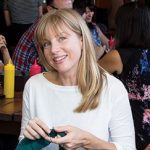 Unraveling the Mysteries of LifeStaff Scientist Abby Buchwalter is studying a part of the nucleus called the nuclear lamina. Akin to a skeleton, the nuclear lamina provides structural support and helps organize the nucleus, the command center of cells.
Unraveling the Mysteries of LifeStaff Scientist Abby Buchwalter is studying a part of the nucleus called the nuclear lamina. Akin to a skeleton, the nuclear lamina provides structural support and helps organize the nucleus, the command center of cells.Latest discoveries, events & more.